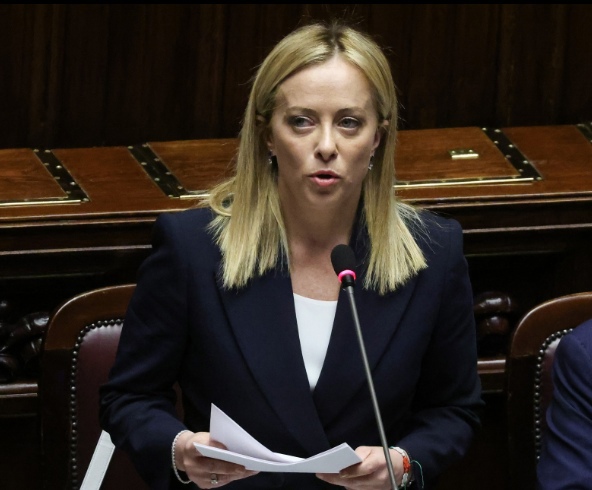Italy’s lower house of parliament voted on Thursday against a long-awaited reform of the eurozone bailout fund, casting doubt on the ratification of a European Union treaty designed to help struggling banks.
The vote confirmed the negative stance of Prime Minister Giorgia Meloni’s ruling coalition on reform of the so-called European Stability Mechanism (ESM), which has been endorsed by all other eurozone countries except Italy.
Pascal Donohoe, president of the Eurogroup, which brings together eurozone finance ministers, said he regretted the outcome and would continue to engage with Italian authorities on the issue in the coming months. He noted:
“The finalisation of the ESM Treaty reform is a key element of our common safety net in the euro area, to the benefit of all euro area member countries.”
The vote will prevent parliament from approving the same reform text in the next six months, Ilenia Lucaselli, a spokeswoman for Meloni’s nationalist Brothers of Italy party, told reporters.
A source in Meloni’s office said the rejection could allow the EU to consider changes to the ESM more in line with the eurozone’s needs.
Meloni and Economy Minister Giancarlo Giorgetti were not in the room on Thursday for the debate and subsequent vote that rejected the ESM approval by 184 votes to 72, with 44 abstentions. Deputy Economy Minister Maurizio Leo, representing Meloni’s party, told reporters that parliament is sovereign and the government should recognise its decision.
The ESM could offer a lifeline to eurozone governments cut off from markets or recapitalise banks and provide emergency loans. But many Italian parties fear the pact could lead to a restructuring of Italy’s huge public debt.
The original ESM continues to function, but it cannot support the Single Resolution Fund (SRF), responsible for dealing with ailing banks, without Rome signing up to the agreement.
The fund was created in 2012 to help eurozone economies in exchange for strict reforms. Meloni has said in the past that Italy would never use the fund, but the country’s European counterparts have asked her to approve the creation of the reserve fund even if it does not plan to use it to allow other countries to access the fund.
